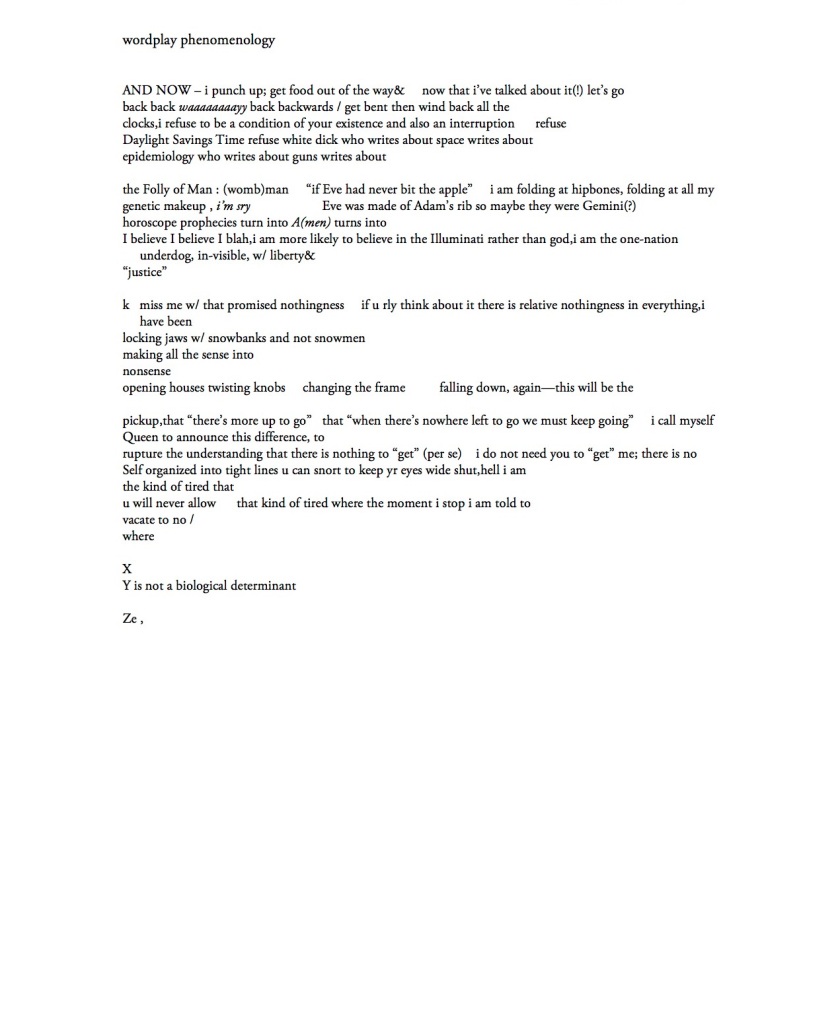Image: “Several Circles (Einige Kreise),” by Vasily Kandinsky, 1926.
Liz Cettina: How did you begin writing “The Monster Mosh”?
Mara Woods-Robinson: I wrote the piece for Rachel Ellis Neyra’s class “Lyric Poetry & Music.” I took it in the fall of my junior year. It’s funny that I’m talking about this piece because this isn’t what I usually think about when I talk about my writing process, because I guess I think of myself more as a fiction writer. But basically this class looked at a lot of different music movements, and we had a brief section on punk and riot grrrl. And at the end of the class, my professor was like, ‘Okay, we’re going to write a research paper on any subject somewhat related to this class. Go nuts, guys.’ I was at a loss for what to write about, but then I ended up watching this documentary, Penelope Spheeris’s “The Decline of Western Civilization,” which I reference a lot in this essay. I don’t listen to that much early punk, but my dad introduced me to X when I was in high school and I listen to them a lot, so when I was watching this documentary, I was like, ‘Wow, wait, this is them contextualized in this distinctive moment in history.’ And that was cool. Then, it got me thinking about mosh pits and my own personal experiences with them. I always have a lot of fun moshing, but I’ve also faced near death experiences in mosh pits. I think I was 12, and I was at a show in Oakland for this band The Matches who I really liked growing up, they were an arty pop-punk band, a local Bay Area band. At that show, I fell down in the mosh pit and thought I was going to die because I was getting trampled. Someone pulled me up.






